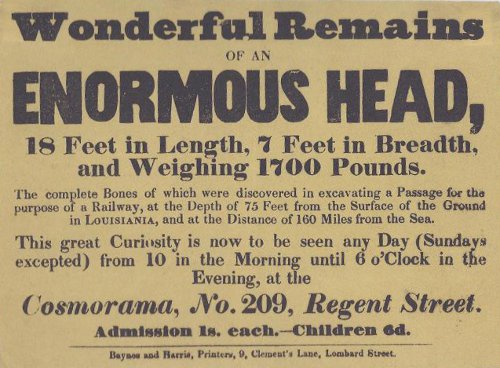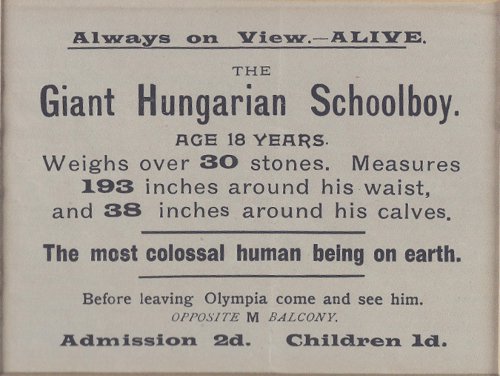Disused words from Samuel Johnson’s 1755 Dictionary of the English Language:
- figure-flinger: a pretender to astrology and prediction
- pissburnt: stained with urine
- blinkard: one that has bad eyes
- centuriator: a name given to historians, who distinguish times by centuries
- longimanous: long-handed; having long hands
- candlewaster: that which consumes candles; a spendthrift
- carecrazed: broken with care and solicitude
- overyeared: too old
- scarefire: a fright by fire; a fire breaking out so as to raise terror
- traveltainted: harrassed; fatigued with travel
- vowfellow: one bound by the same vow
“Those who have been persuaded to think well of my design, require that it should fix our language, and put a stop to those alterations which time and chance have hitherto been suffered to make in it without opposition,” he had written in the preface. “[But] when we see men grow old and die at a certain time one after another, from century to century, we laugh at the elixir that promises to prolong life to a thousand years.”





